If you cook, you know that salt and pepper are a combination of spices that allow you to add flavor to almost any dish. Although we tend to use pepper without really thinking about it, it has a host of incredible health benefits. Your standard black pepper comes from the cooked and dried fruits of the pepper plant, while white pepper comes from the seeds of the ripe fruit. But today, we will focus on the health benefits of good old-fashioned black pepper. It is so easy to reap the benefits that you will never want to do without this extraordinary spice again!
1. Prevent certain diseases
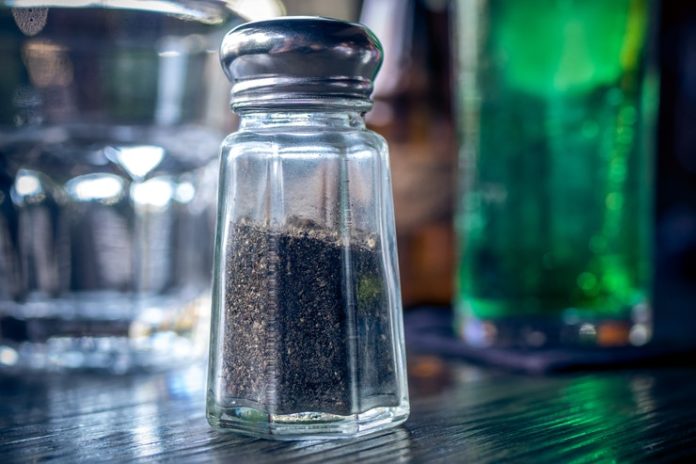
Black pepper contains a substance called piperine, which is known for its many health benefits. It would appear that piperine, like many foods with beneficial health effects, reduces the risk of cancer. Its preventive function is twice as strong when the pepper is combined with turmeric. This is because turmeric contains curcumin, a substance that is difficult for the body to absorb without the presence of piperin. In addition, pepper contains vitamin C, vitamin A, flavonoids and carotenes, antioxidants that provide protection against carcinogenic free radicals. To make sure you get the most out of the pepper’s properties, use freshly ground pepper on food after cooking.
2. Stimulate your digestion

If you have digestive problems, be aware that the piperine in pepper helps the stomach secrete more gastric acid, which allows you to better digest your proteins and increases the flow of saliva – the first element of digestion with your teeth. Pepper also stimulates the digestive enzymes of the pancreas.
3. Relieve your cold and cough

In addition to being a tasty seasoning, black pepper is also antibacterial and can help to minimize the effects of colds and coughs. Some people even fight their colds with a teaspoon of honey mixed with a little fresh black pepper. You can also soak honey and pepper in hot water to make tea instead of taking it directly. Pepper can also help relieve chest congestion when steamed.
4. Lose weight more easily

The outermost layer of pepper is full of phytonutrients that increase metabolism by breaking down fat cells. A study in Korea even suggests that piperine inhibits the production of new fat cells. You will also burn more calories, as pepper temporarily increases your body temperature.
5. Improve the appearance of your skin

If you want to have healthy looking skin, mix crushed pepper in a scrub recipe to stimulate blood circulation and infuse more oxygen into the skin. In fact, it has been shown that pepper consumption slows down skin aging. Pepper is also used in the treatment of vitiligo, which is a skin condition where the skin loses its pigmentation and reveals white spots.
6. Absorb nutrients more easily
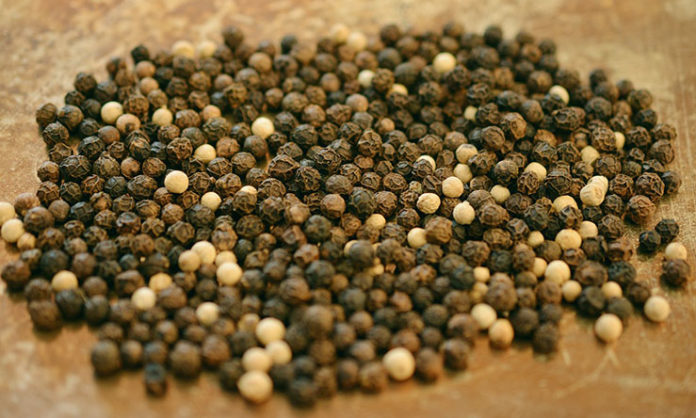
If you work hard to eat healthily, you want to enjoy every nutrient you eat, don’t you? Pepper can help you do this. Piperine, this magical substance, stimulates the absorption of vitamins and minerals into food. Vitamin B, vitamin C, selenium and beta-carotene, in particular, are more easily used by the body when taken with pepper.
7. Take care of your teeth

Just as piperine reduces inflammation throughout the body, it can also reduce inflammation of gum tissue and prevent the degradation of jaw bones. A recent study by Wuhan University in China supports the idea that piperine can fight periodontal disease. Simply adding pepper to your food can help your teeth, but if you want to apply it to your sore gums with your fingers, the pepper should be finely ground and mixed with clove or coconut oil.
8. Reduce your pain
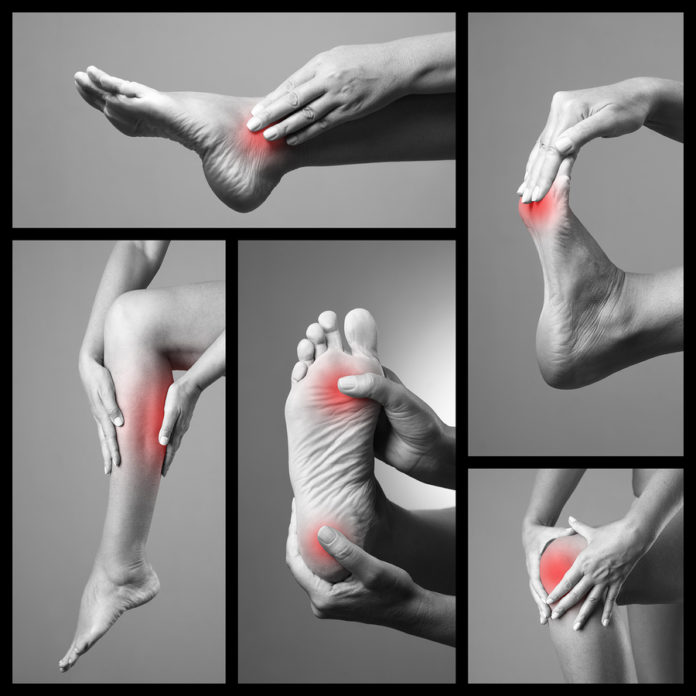
Black pepper piperine can cause TRPV1 in the body, which reduces pain in some areas of the body. It is therefore not without reason that piperine is used as an analgesic cream. Some studies have suggested that piperine may be used to manage chronic pain, including neuropathic pain.
9. Have more effective analgesics

Effective pain management is a delicate matter, as the most effective analgesics are often highly addictive. It appears that piperine helps some analgesics work more effectively, which reduces their use in patients. It also increases the effectiveness of some anti-inflammatory drugs, such as diclofenac. Ultimately, the use of piperine in conjunction with analgesics can reduce drug dependence and thus limit the risk of dependence and other troubling side effects.
10. Have better cognition
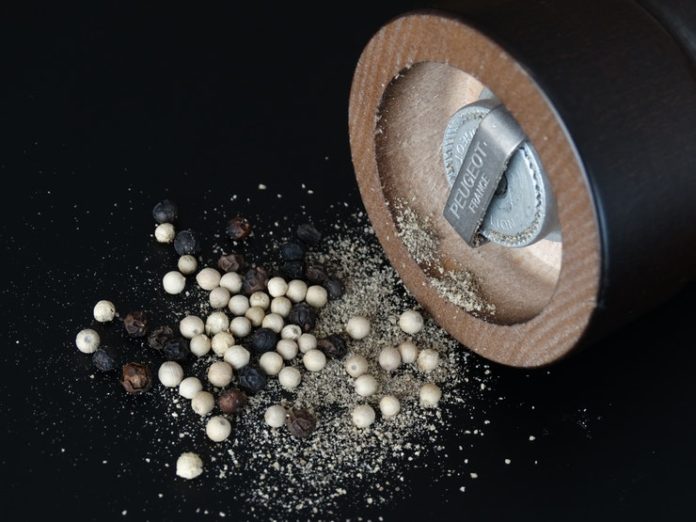
Many studies indicate that piperine can reduce cognitive and memory disorders. It is believed that piperine stimulates the chemical pathways in the brain, allowing better cognitive function. Spicing your meals with pepper may be a good strategy to improve your cognitive functions on a daily basis, but it is also suggested for people with Alzheimer’s disease, dementia, or other age-related cognitive problems.
11. How should you consume your pepper?
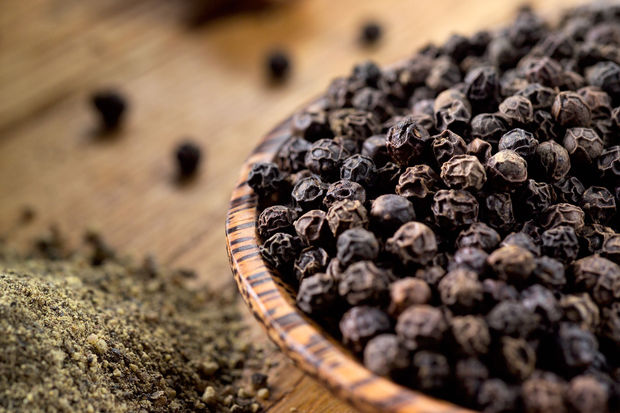
You probably already use pepper in most of your meals. To really increase the benefits of this spice, use freshly ground whole peppercorns on your food, rather than using fine powder in your meals. This small change could make all the difference in the benefits of regular piperine consumption. Whether it’s a question of having radiant skin or a reduced risk of disease, it’s a habit to get into!


































